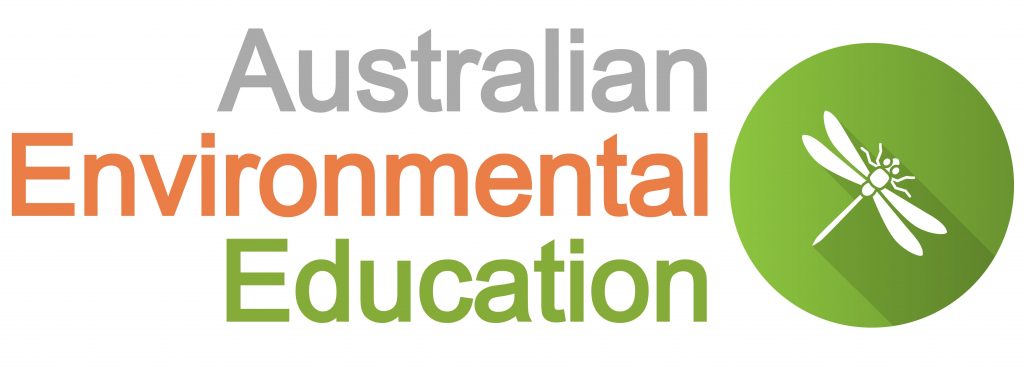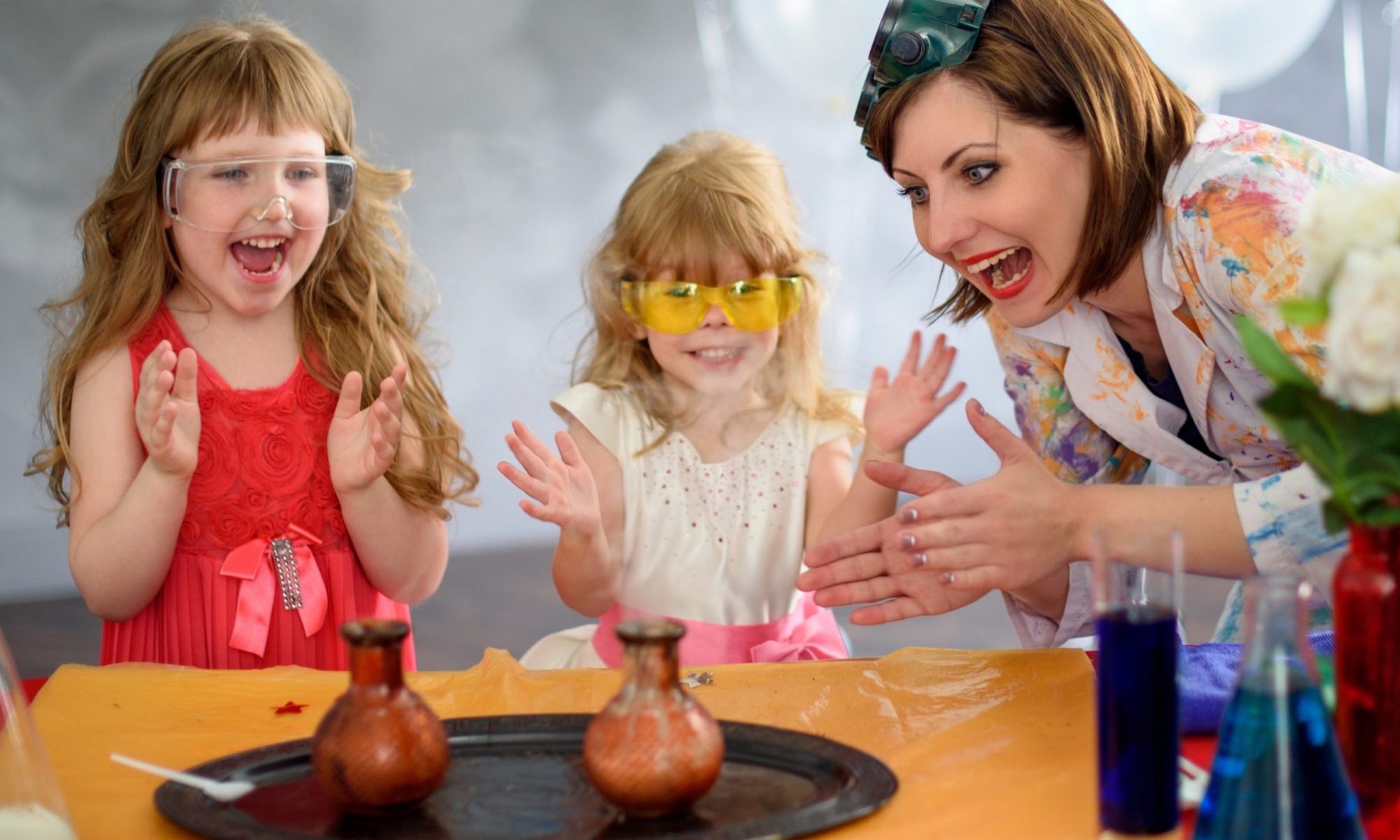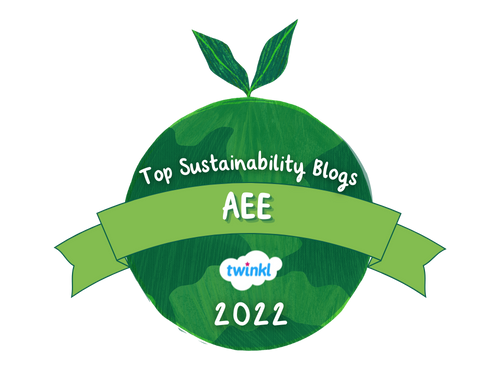There are many ways that you can help to conserve Australia’s environment and be more sustainable. Think about the choices you make every day; how do you get to work, what do you put in the bin, how long was your shower today, did you remember the reusable bag for the shopping? You can make a difference today with every choice you make.
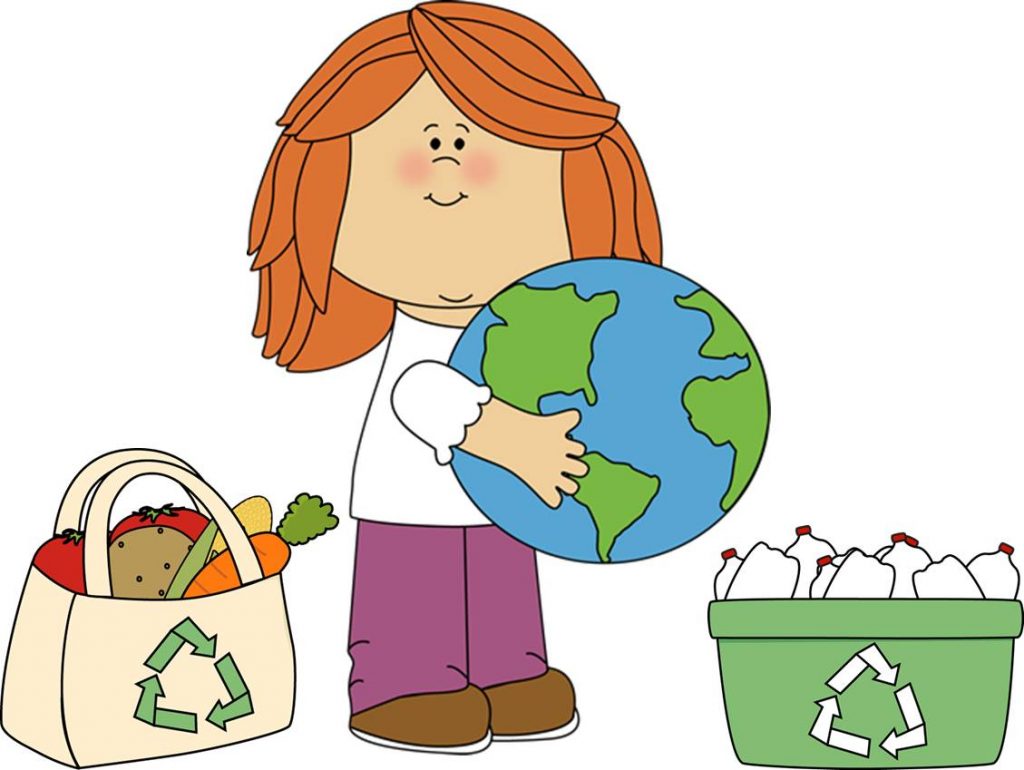
Many of the Earth’s resources are being depleted faster than they can be renewed. This means that we are living in an unsustainable way. Sustainable living is about:
- making choices that keep us operating within the Earth’s ecological capacity;
- using only what we need;
- making better choices about the way we use resources and impact the natural world;
- finding the right balance between what we take and what we give.
Think about what changes you can make to the way you live and work become more sustainable? What changes are we prepared to make as a community and nation that will help achieve this goal?
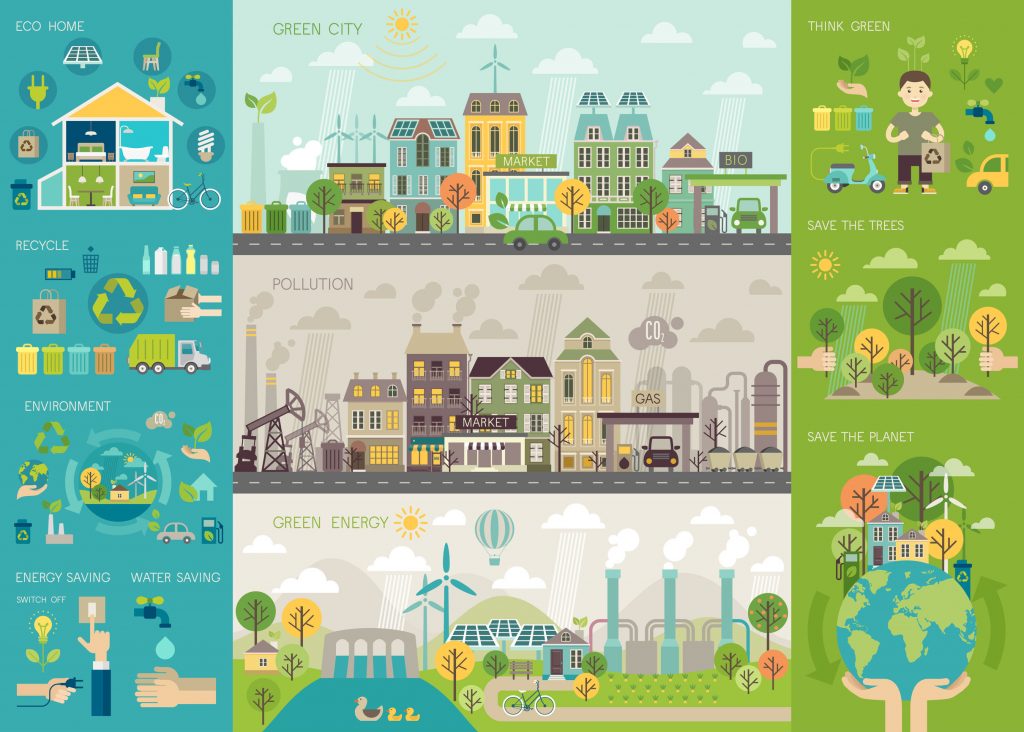
Remember the choices you made today? What if you choose to leave the car at home? You can reduce greenhouse gas emissions by catching a bus, riding a bike or walking to work instead. What if you used a Keep Cup and reusable Water Bottle? This change reduces the amount of garbage going into landfill each year and our reliance on single use plastic. Reduce, reuse and recycle, it is easier that you think. What if you cut your shower down by 2 minutes? A standard shower head uses 20 litres a water per minute, save water and money. Did you remember the the reusable bags? Keep reusable bags in your car and bag so you always have one ready.
These are 4 simple change you can make in your life that can help you be more sustainable and change the world.
Sustainability at home
Find out how you can make a difference in and around you home.
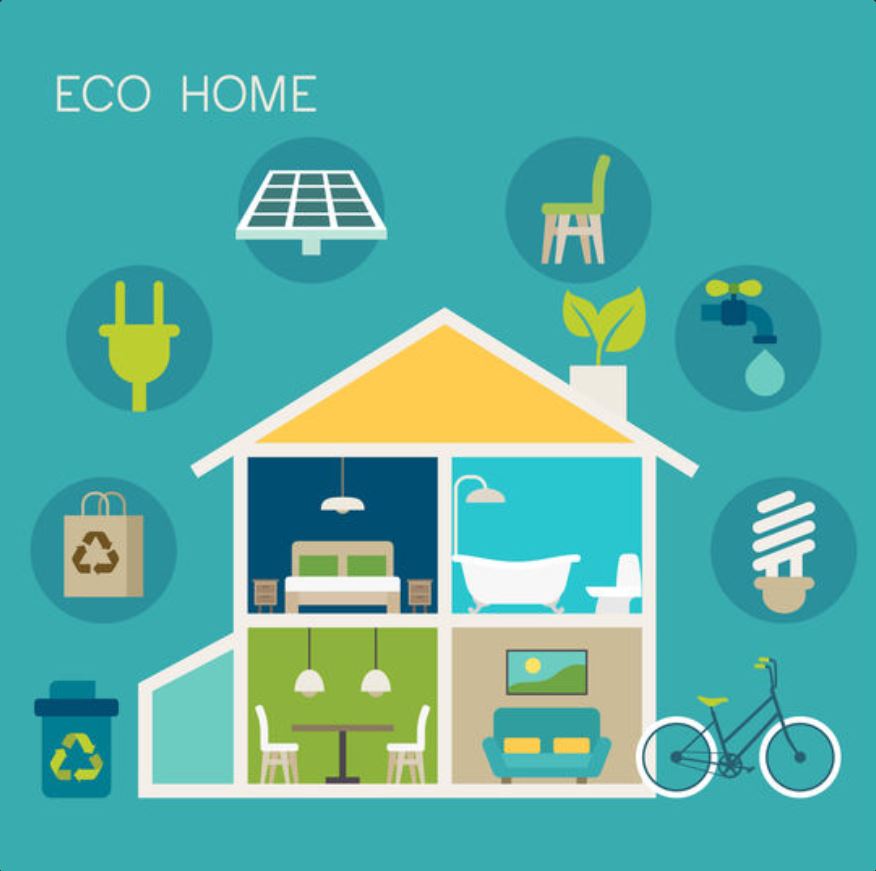
In the backyard
- planting your own bush garden;
- contacting your council for a list of local native plants to grow and noxious weeds to remove;
- encourage native wildlife into your backyard by creating a sanctuary for native animals in your garden.
- not having cats;
- making and using compost rather than fertilisers;
- relaxing in and enjoying your garden.
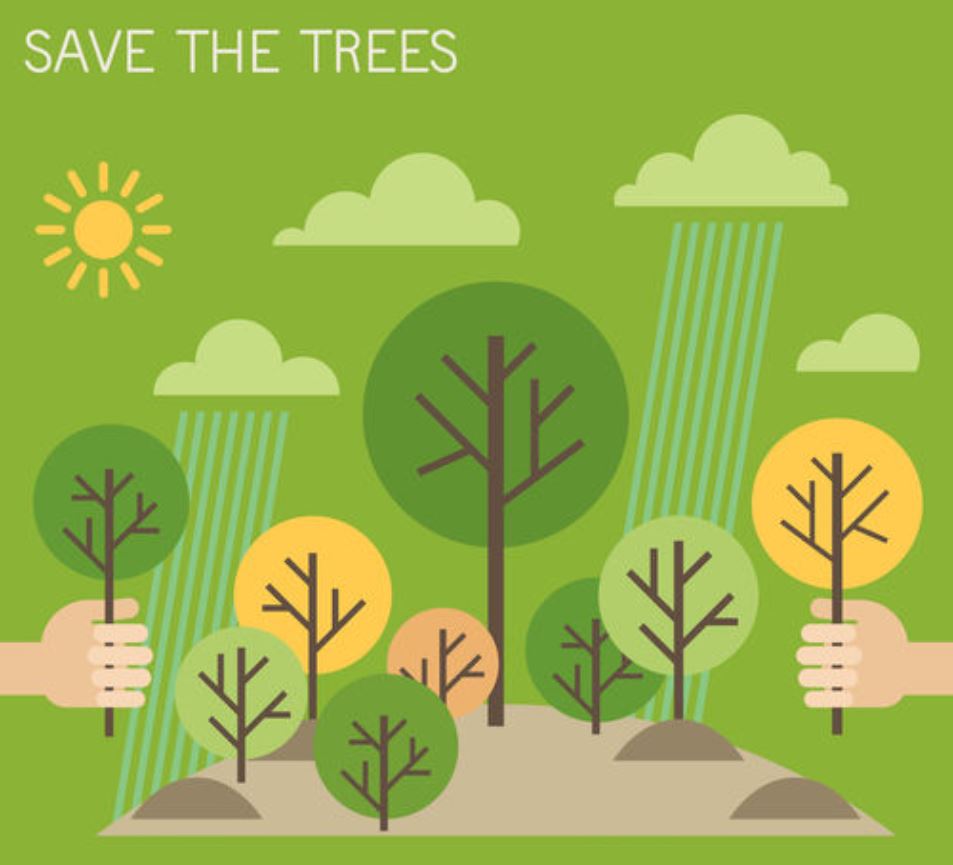
In the home
- keeping a compost bin handy for all your food scraps
- using the drain for water only – not oils or solid matter
- sorting your rubbish – recycle bottles, cans, plastics, milk cartons and paper
- using string shopping bags instead of plastic ones;
- making sure all of your taps turn off fully, to save water wastage;
- using a fly swat instead of fly spray, to avoid harming other insects
- turning off lights and electrical appliances when they are not being used: to save power
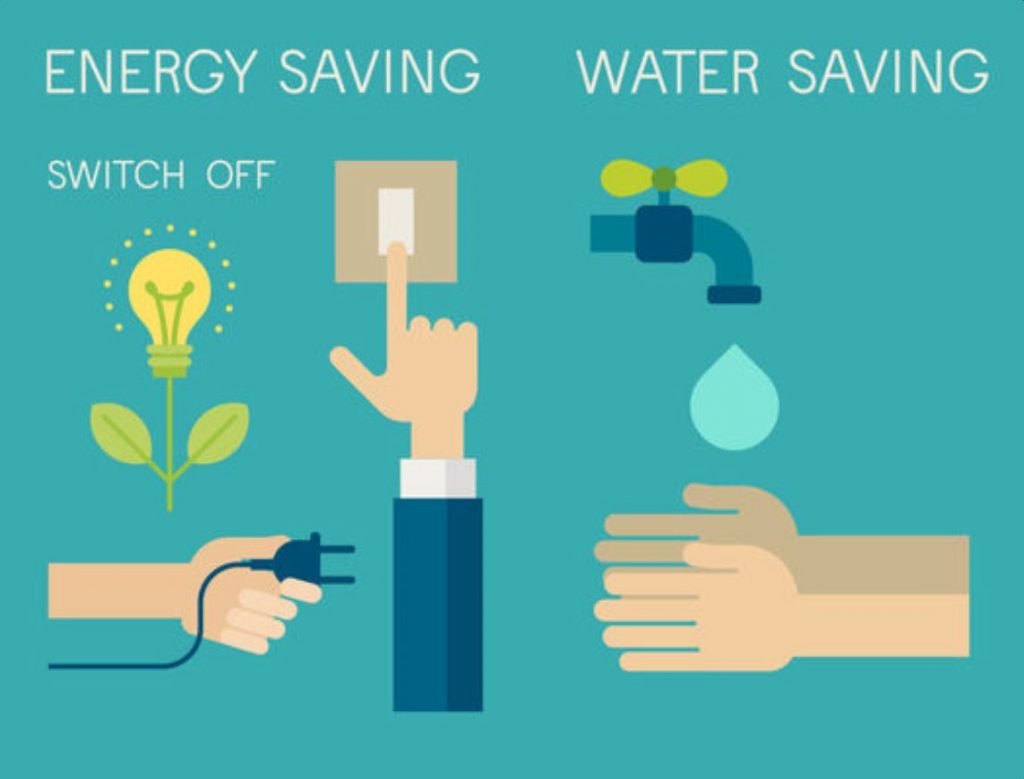
In the Community
Join the community and get involved. By working together we can make change and drive government and policy change. Find your local Community Garden, become a volunteer to help others. You can get involved more directly in biodiversity conservation by joining a Bushcare group or Landcare groups.
Citizen science is scientific research conducted, in whole or in part, by amateur scientists. Citizen Science programs provide a important source of data about biodiversity. Data and insights gained through the efforts of citizen scientists enable us to learn more about our environments by creating additional data sources.
Education resources
Sustainability Starts with You looks at ways we can reduce, reuse and recycle to reduce our ecological footprint. Students will learn that the best way to reduce waste is to not create it in the first place. Students will discover that cutting down on waste is easy.
Book an incursion or a virtual excursion for your school
